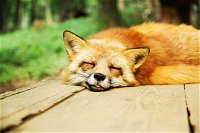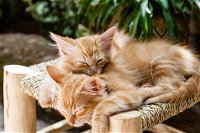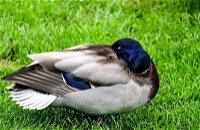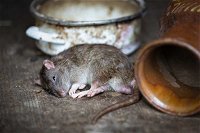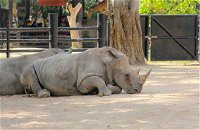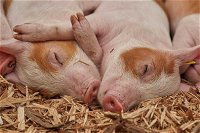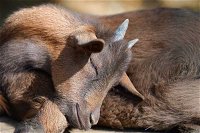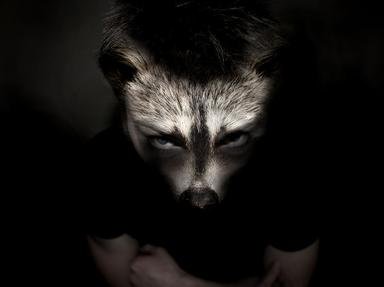
Easy Like Sunday Mornings Trivia Quiz
Animals Taking It Easy
Sunday morning is a period of ritual that varies in form from person to person; for those who don't work on this Christian day of rest, Sunday morning is a chance to lounge around free from guilt. Humans aren't the only ones who like to take it easy...
by jonnowales.
Estimated time: 3 mins.
